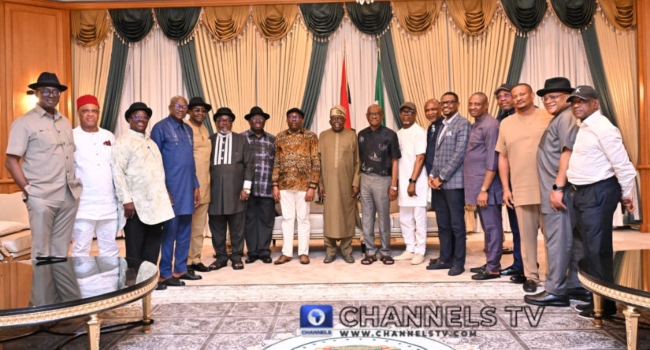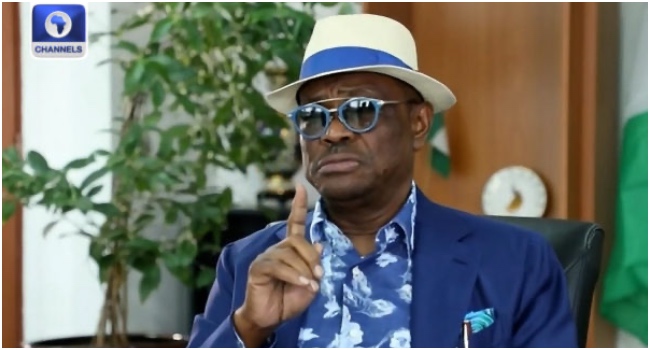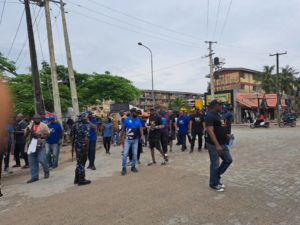In what appears to be a strong signal yet of shifting political alignments in Rivers State, one of Governor Siminalayi Fubara’s most prominent support groups — the Simplicity Movement — has officially dissolved and rebranded itself as the Rivers Grassroots Movement (RGM).
The announcement was made during a major stakeholders’ meeting in Port Harcourt, in what the group says is full compliance with the directive of the governor for all political structures operating in his name to disband and realign with the evolving peace process.
Launched exactly a year ago at the Kalabari National College (KNC) field in Buguma, Asari-Toru Local Government Area, the Simplicity Movement had members in 23 LGAs.
Speaking at the meeting on Saturday, the National leader of the group, Sobomabo Jackrich, said the group, which has been a strong supporter of Fubara, is in support of the peace move.
“Our action was not motivated by inducement, expectation, or political reward,” Jackrich, the convener of the group, said.
“It was a voluntary, sincere, and deliberate demonstration of solidarity and belief in a leader who, from day one, placed Rivers people at the centre of governance. ”
READ ALSO: Fubara, Wike, Amaewhule Make Public Appearance After Tinubu Brokered Peace

He noted that while the movement is ending, the values and vision continue under a new name and mandate.
“At this juncture, we must step aside — not in weakness, but in strength; not in retreat, but in responsibility,” Jackrich stated.
According to him, the Rivers Grassroots Movement will operate as a non-partisan civic platform focused on civic engagement, peace-building, grassroots empowerment, and policy advocacy. The group commended FCT Minister and former Rivers Governor, Nyesom Wike, for embracing reconciliation and reaffirmed its loyalty to Governor Fubara.
“We are not in opposition. We are not a faction. We are Rivers people. We are patriots. We are builders of peace,” Jackrich added.
He noted that they, however, remain under the guidance of Sim Fubara.
Other leaders of the group who spoke re-echoed a call on all supporters across the 23 LGAs to remain peaceful, disciplined, and united in the pursuit of a stable and progressive Rivers State.











